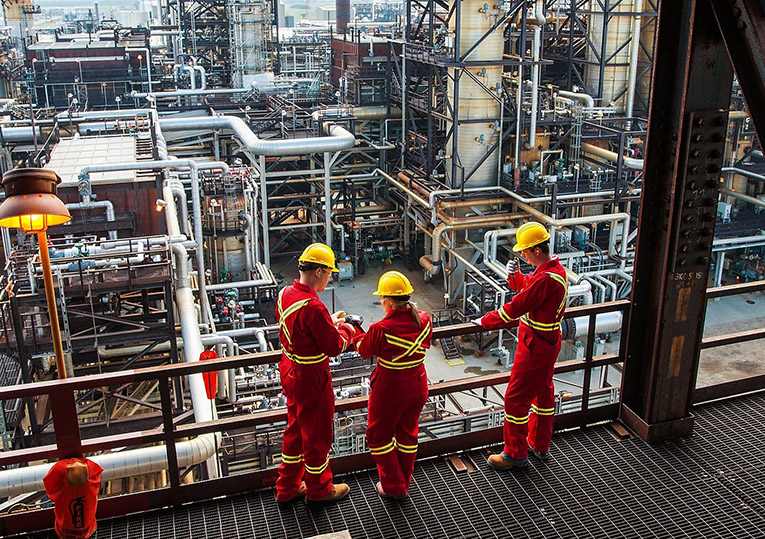Shell has announced plans to shut down its oil refinery in Wesseling, Germany, by 2025 and repurpose the site for the production of lubricant feedstock, marking a significant move in the company’s drive to reduce carbon emissions. The decision reflects Shell’s broader commitment to sustainability and aligns with its goal to achieve net-zero greenhouse gas emissions by 2050.
The Wesseling refinery’s hydrocracker unit will be converted into a production facility for Group III base oils, primarily used in engines, with an annual capacity of approximately 300,000 metric tons. This capacity is equivalent to about 9% of the current EU demand and 40% of Germany’s demand for base oils. By focusing on lubricant feedstock production, Shell aims to reduce its operational carbon emissions, known as Scope 1 and 2 emissions, by an estimated 620,000 tons per year.
In addition to the Wesseling refinery’s transformation, Shell is also planning to divest its refining and petrochemicals site in Singapore. These strategic moves underscore the company’s efforts to streamline its operations and prioritize investments in sustainable energy solutions.
While crude oil processing at the Wesseling site will cease in 2025, operations will continue at Shell’s Godorf refinery. The new lubricant feedstock production facility in Wesseling is expected to commence operations in the second half of this decade.
The Wesseling refinery is part of Shell’s Energy and Chemicals Park Rheinland, which includes both the Wesseling and Godorf sites. Currently boasting a capacity of over 17 million tons of crude oil per year, the Rheinland complex plays a crucial role in Shell’s European operations, with Wesseling accounting for 7.5 million tons of this capacity.
This latest announcement builds on Shell’s previous investments in sustainable technologies at the Rheinland facility, including a 10-megawatt electrolyser for zero-carbon hydrogen production and a biomethane liquefaction plant. These initiatives underscore Shell’s commitment to advancing cleaner energy solutions and reducing its environmental footprint across its global operations.
(Source: Reuters | Oilprice.com | Hydrocarbon Engineering)









